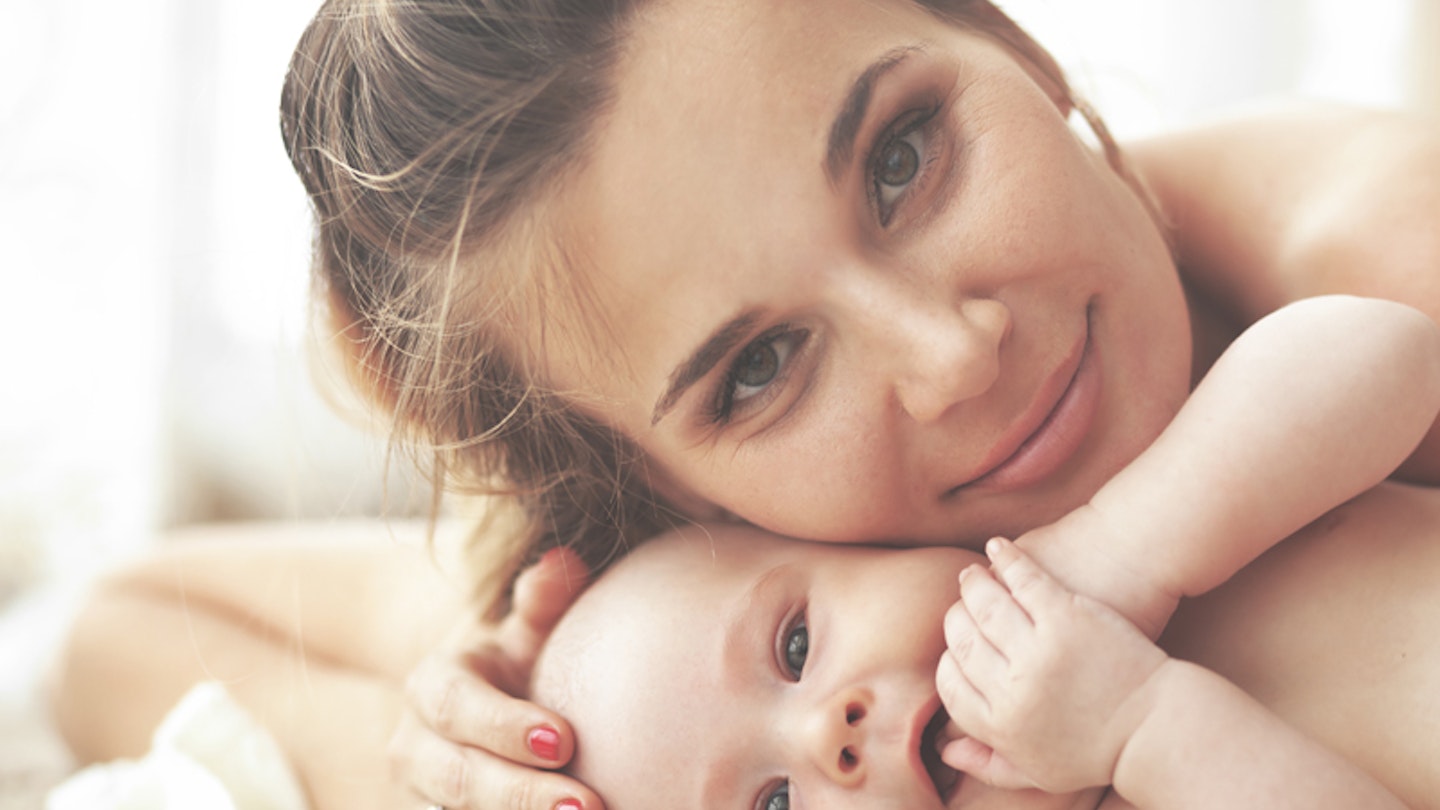A reader asks: “I recently read that 1 in 10 women get post-natal depression. Is there anything I can do to prevent it?”
Our expert, Clare Byam-Cook, is a midwife and author. She says:
Medical experts are still unsure of the exact causes of postnatal depression, but most are of the opinion that it’s the result of a combination of factors.
These may include a lack of support when you first bring your new baby home, and not having friends and family around you to help. Other factors include a difficult delivery that results in pain and physical problems, and relationship worries or money problems.
Being aware of the potential triggers and understanding that it’s natural to feel overwhelmed and isolated when you become a new mum can help you rationalise your worries and stop you feeling inadequate.
Try to create a support network around you of friends, relatives or local mum-and-baby groups. And remember your health visitor is there to offer advice and help you find the help and support you need once you’re home with your baby.
A study of 10,000 British women found the lowest risk of postnatal depression was among those who planned to breastfeed – and were successful. But it also showed that mums who wanted to breastfeed their babies, and then found they couldn’t, were twice as likely to suffer from depression as those who’d always planned to use formula milk.
The key to successful breastfeeding and happy motherhood is to do your research before your baby is born. Ask your friends which books and feeding aids, such as breast pumps and nipple shields, they found most helpful, and whether they can recommend a good feeding counsellor in your area. Don’t be afraid to ask for help from friends and family and seek professional advice if breastfeeding is painful or your baby is crying endlessly and not settling after feeds. Sore nipples are mainly caused by a bad latch or thrush. Crying babies are usually hungry or have a medical problem, such as reflux, which requires treatment.
I hope breastfeeding goes well for you, but if it doesn’t, it’s better to give up than sink into depression. The most important thing is that you and your baby are happy and thriving and that he gets enough milk.
